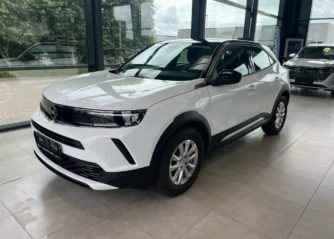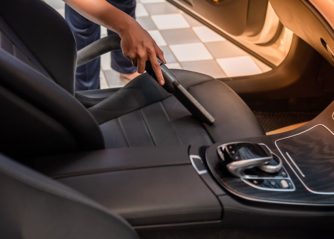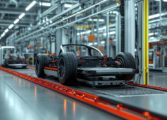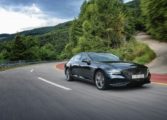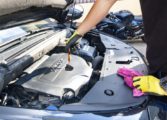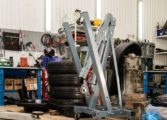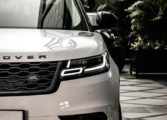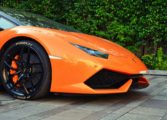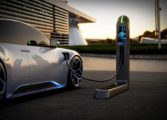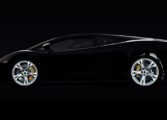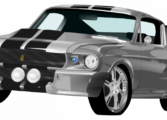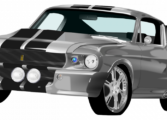VW Hybrid: Making a Sustainable Impact on the Automotive Industry

Introduction to VW Hybrid
:

Volkswagen (VW) Hybrid has emerged as a leading player in the automotive industry’s transition towards greener and more sustainable mobility solutions. With a commitment to reducing carbon emissions and enhancing fuel efficiency, VW Hybrid vehicles combine the power of both electric and combustion engines, providing an eco-friendly alternative for car enthusiasts.
As the demand for eco-conscious transportation continues to rise, it becomes imperative to understand the inner workings of VW Hybrid vehicles. In this comprehensive article, we will explore the key aspects that make VW Hybrid a prime choice among car owners seeking a blend of performance and sustainability.
Historical Evolution of VW Hybrid
:
VW’s journey towards hybrid vehicles dates back to the early 2000s when they first introduced the concept of combining electric and combustion engines to create an efficient mode of transportation. Since then, VW has been at the forefront of research and development in the hybrid segment, constantly refining their technology to deliver optimal performance and environmental sustainability.
1. The Early Years: In the early stages of VW Hybrid development, the focus was primarily on creating a seamless integration of electric and combustion engines. This involved extensive engineering work to optimize power delivery, battery storage, and overall efficiency. VW’s initial hybrid models showcased the brand’s commitment to sustainability while ensuring a smooth driving experience.
2. Advancements in Battery Technology: As battery technology evolved, VW Hybrid embraced these advancements to enhance the driving range and power output of their hybrid vehicles. Lithium-ion batteries replaced older battery technologies, providing higher energy density, improved charge/discharge rates, and longer lifespans. These developments propelled VW Hybrid vehicles towards becoming a viable option for eco-conscious consumers.
3. Integration of Intelligent Systems: VW Hybrid vehicles of the recent past have witnessed the integration of intelligent systems to optimize fuel efficiency and overall performance. By incorporating features like regenerative braking and start-stop systems, VW Hybrid models effectively capture and utilize energy that would otherwise have been wasted. This integration significantly contributes to reducing carbon emissions while enhancing the overall eco-friendliness of these vehicles.
Structuring the Article for Optimal Search Visibility:
Introduction to VW Hybrid
Historical Evolution of VW Hybrid
Bullet Point 1: The Early Years
Bullet Point 2: Advancements in Battery Technology
Bullet Point 3: Integration of Intelligent Systems
Innovative Features and Technologies Powering VW Hybrid Vehicles
The Future of VW Hybrid: Advancements and Outlook
Conclusion
Incorporating a video:
Please insert the following video, [insert video title here], to gain a deeper understanding of the technological marvel that VW Hybrid vehicles represent.
Target Audience and Tone:
This article caters to car owners and enthusiasts who are interested in exploring the world of VW Hybrid vehicles. With an informative tone, we aim to provide a comprehensive overview of the advancements and features that make VW Hybrid a preferred choice in the automotive market.
As the automotive industry continues to prioritize sustainability, VW Hybrid stands out as a brand that is actively contributing towards a greener future. With a rich history of hybrid development and a commitment to innovation, VW Hybrid vehicles offer a compelling solution for eco-conscious individuals who don’t want to compromise on performance. So whether you are a long-time VW fan or simply seeking a sustainable mode of transportation, VW Hybrid is undoubtedly worth considering.
